Feminist talk
Sexuality and the internet: a five country perspective
This blog post is the final one in a series of ten blog posts to report on the EROTICS India workshop, recently concluded in Delhi. All the blog posts in this series are written by Richa Kaul Padte, the official rapporteur at the meeting.
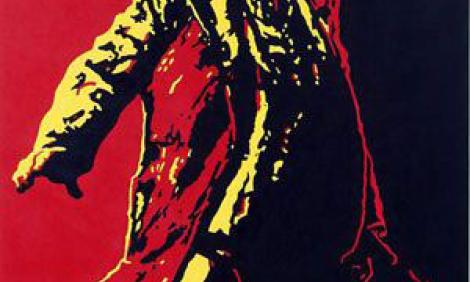
Feminist talk
Censorship in South Africa: Protecting or policing?
The Spear is a painting that depicts the African National Congress leader and South African president Jacob Zuma in a rallying pose, with genitals exposed. It has caused controversy and been defaced. Images of the painting have gone viral on internet. In late May 2012, the South African Film and Publications Board classified the painting, as "16N" - not suitable for people under the age of 16…
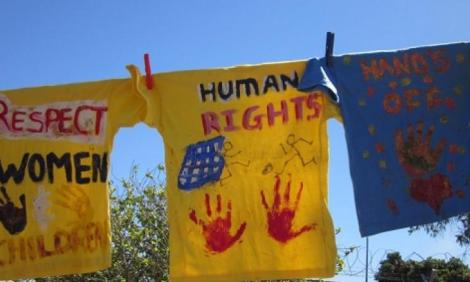
In depth
UPR of South Africa: Connecting the right to communication to women´s rights
South Africa's constitution guarantees freedom of expression, and has been interpreted to include the right to community media and to creative journalistic content. However, these progressive interpretations come in the light of broadcasting, rather than the internet. Online media and its regulation in South Africa fall short of the human rights standards that South Africa has recognised under…
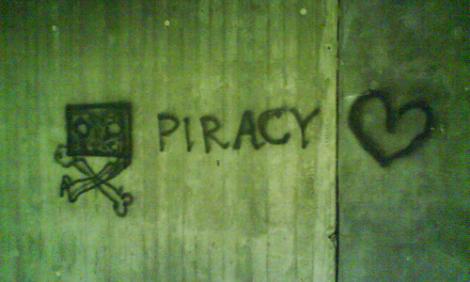
Feminist talk
Bargain basement shopping in the information society
When I saw this quote on Mozilla's new Collusion website: "If you're not paying for something, you're not the customer; you're the product being sold - Andrew Lewis." I felt it summed up the economics tool box session on Commodification of Knowledge that APC led at the 2012 AWID Forum quite nicely. The session, organised by APC, brought together speakers to spark debate and reflection, but the…
Publication
Submission to the Universal Periodic Review of the Republic of South Africa
This joint submission from APC, CALS, CIVICUS, Gender Links, Highway Africa Chair in Media and Information Society, IDASA, ODAC, Right 2 Know, SANGONet, Section27, and SERI focuses on freedom of expression, the right to information, freedom from censorship; freedom of the press, the right to privacy, and the importance of affordable access to the internet in South Africa. The submission…
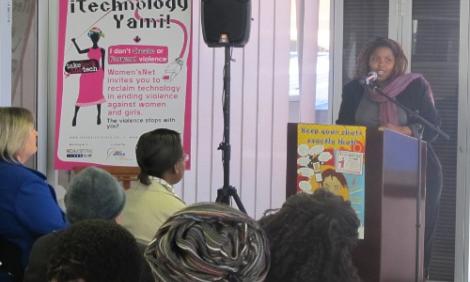
Feminist talk
#TechVAW: The South Africa users debate how tech is changing gender-based violence
Lebo shares with the GenderIT.org readers how Women’s Net and its partners in South Africa advocate for the end of violence against women through a seminar and a Tweet-up. The seminar was part of the MDG3 Fund /APC Women project, Women’sNet is the South Africa partner.
Publication
MEDIA BRIEF: Censorship, sexuality and the internet
What is sexual content on the internet? What are sexuality and sexual rights? Which communications rights are critical for people's sexual rights? What are the most common threats to people's sexual rights? What are some of the methods and impacts of censorship of "sexual content" on the internet? These and other issues are highlighted by the media brief published by APC as part of the EroTICs…
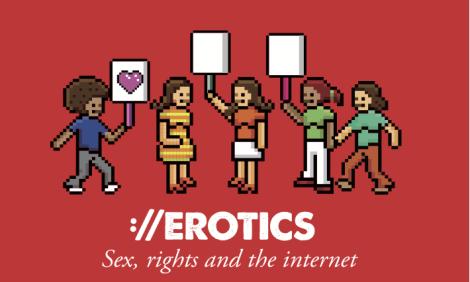
Publication
EROTICS: Sex, rights and the internet - an exploratory research study
How is the internet a key public sphere for the struggle for sexual citizenship and the exercise of sexual rights? What is its value to a diversity of users, especially those most marginalised or discriminated against because of their sexual, gender or other forms of social identity? Why do arguments for the regulation of the internet anchor on the moral imperative to regulate sexuality? Who are…
Feminist talk
Internet in South Africa is more than meets the eye
Grady gives a glimpse into the final research of the EROTICS research in South Africa that explored lesbians and transgender people use of the Internet, and how content regulation measures can constrain the internet's democratising and empowering potential for LGBTI persons in the country.
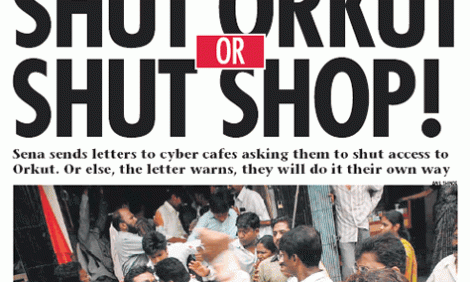
In depth
India and South Africa: The hidden story of sex on the internet
After two years the EROTICS research has revealed that sex on the internet is much more than just pornography, but instead it includes a vibrant ecosystem of individuals sharing and discovering their sexuality online. Not only that, the internet provides a space for sexual and identity rights activists to organize and advocate for change.




